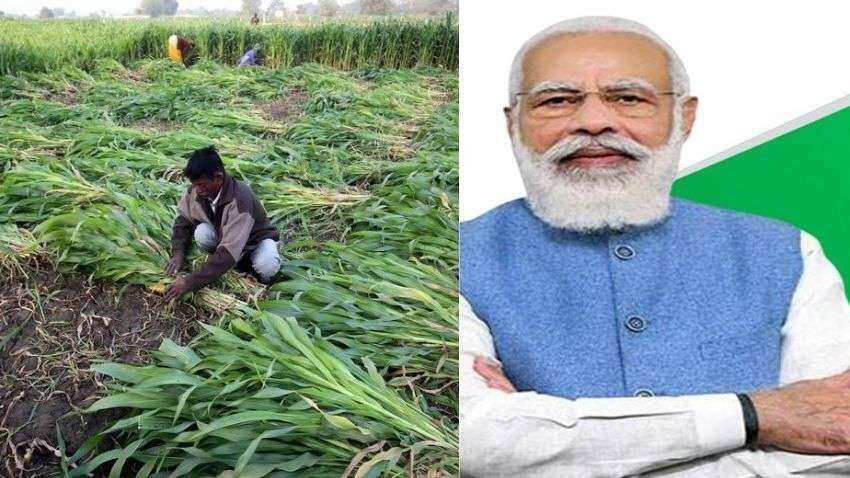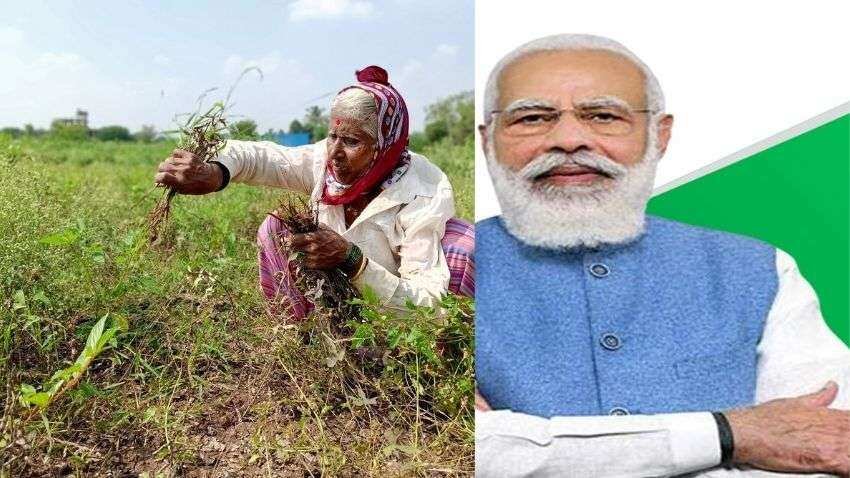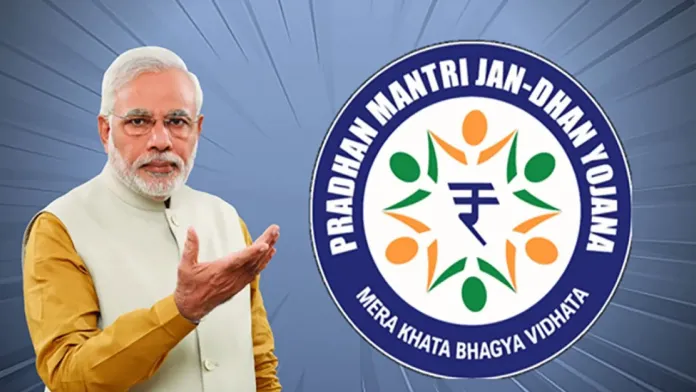Over 1 Lakh Farmers Voluntarily Gave Up Their PM-Kisan Benefits Last Year
In a surprising turn of events, more than 1 lakh farmers across the nation voluntarily relinquished their benefits under the Pradhan Mantri Kisan Samman Nidhi (PM-Kisan) scheme last year, according to official data. This move has sparked debates and discussions on the reasons behind such actions and the potential implications on agricultural welfare policies.
Reasons for Voluntary Surrender: Several factors could have contributed to this unexpected development. Firstly, some farmers might have reached a level of financial stability where they felt they no longer required the assistance provided by the PM-Kisan scheme. Additionally, there could be dissatisfaction among certain sections of farmers regarding the implementation or efficacy of the scheme, prompting them to opt out voluntarily.
Government Response and Analysis: The government has taken note of this trend and has promised to conduct a comprehensive analysis to understand the underlying reasons behind farmers’ decisions to give up their benefits. This analysis is crucial for policymaking and ensuring that agricultural welfare schemes effectively reach their intended beneficiaries.
Impact on Agricultural Policies: The voluntary surrender of PM-Kisan benefits by a significant number of farmers highlights the need for a nuanced approach to agricultural policies. It underscores the importance of not only providing financial assistance but also addressing the broader challenges faced by farmers, such as access to markets, technology, and infrastructure.
Conclusion: The decision of over 1 lakh farmers to voluntarily give up their PM-Kisan benefits signals a need for deeper examination of agricultural welfare schemes and policies. It emphasizes the importance of ensuring that government interventions in the agricultural sector are responsive to the evolving needs of farmers and contribute to their overall well-being.

Why this News is important:
Understanding Farmer Behavior: The voluntary surrender of PM-Kisan benefits by a significant number of farmers sheds light on the complexities of farmer decision-making and the diverse socio-economic factors influencing their choices.
Policy Implications: This development underscores the importance of continually evaluating and refining agricultural welfare policies to ensure they effectively meet the needs of farmers and address underlying challenges in the sector.
Government Responsiveness: The government’s commitment to conducting a thorough analysis of this phenomenon demonstrates its willingness to listen to farmers’ concerns and adapt policies accordingly.
Financial Stability vs. Assistance: The decision of some farmers to forego PM-Kisan benefits raises questions about the balance between providing financial assistance and empowering farmers to achieve long-term financial stability.
Socio-Economic Dynamics: This news highlights the intricate interplay of socio-economic factors in shaping farmer behavior and underscores the need for holistic approaches to agricultural development.
Historical Context:
Background: The PM-Kisan scheme was launched in 2019 with the aim of providing direct income support to small and marginal farmers across the country. Under the scheme, eligible farmers receive financial assistance of Rs. 6000 per year in three equal installments.
Scheme Evolution: Since its inception, the PM-Kisan scheme has undergone several modifications and expansions to enhance its reach and effectiveness. These include amendments to eligibility criteria, increased funding allocations, and efforts to streamline implementation processes.
Agricultural Welfare Policies: The voluntary surrender of PM-Kisan benefits is a unique development in the context of agricultural welfare policies in India. It highlights the need for a nuanced understanding of farmer needs and preferences to design effective interventions.
Key Takeaways from “Over 1 Lakh Farmers Voluntarily Gave Up Their PM-Kisan Benefits Last Year”:
| Serial Number | Key Takeaway |
|---|---|
| 1 | Over 1 lakh farmers voluntarily relinquished their benefits under the PM-Kisan scheme last year. |
| 2 | Possible reasons for surrender include financial stability among farmers and dissatisfaction with the scheme’s implementation. |
| 3 | The government has pledged to analyze the reasons behind farmers’ decisions and adapt policies accordingly. |
| 4 | This development underscores the need for nuanced approaches to agricultural welfare policies and interventions. |
| 5 | The decision highlights the complex socio-economic dynamics influencing farmer behavior and policy outcomes. |
Important FAQs for Students from this News
What is the PM-Kisan scheme?
- The PM-Kisan scheme is a government initiative aimed at providing direct income support to small and marginal farmers across India. Under this scheme, eligible farmers receive financial assistance of Rs. 6000 per year in three equal installments.
Why did over 1 lakh farmers voluntarily give up their PM-Kisan benefits?
- Several reasons could have prompted farmers to surrender their PM-Kisan benefits, including achieving financial stability, dissatisfaction with the scheme’s implementation, or eligibility changes.
What are the implications of farmers surrendering their PM-Kisan benefits?
- The voluntary surrender of PM-Kisan benefits highlights the need for policymakers to understand farmer perspectives and adapt agricultural welfare policies accordingly. It also underscores the importance of holistic approaches to address farmers’ needs beyond financial assistance.
How is the government responding to this development?
- The government has pledged to conduct a comprehensive analysis to determine the reasons behind farmers’ decisions and make necessary adjustments to agricultural welfare policies.
What broader lessons can be learned from this news?
- This news emphasizes the importance of flexible and responsive agricultural policies that take into account the diverse socio-economic realities of farmers. It also underscores the need for continuous evaluation and refinement of government interventions in the agricultural sector.
Some Important Current Affairs Links
















